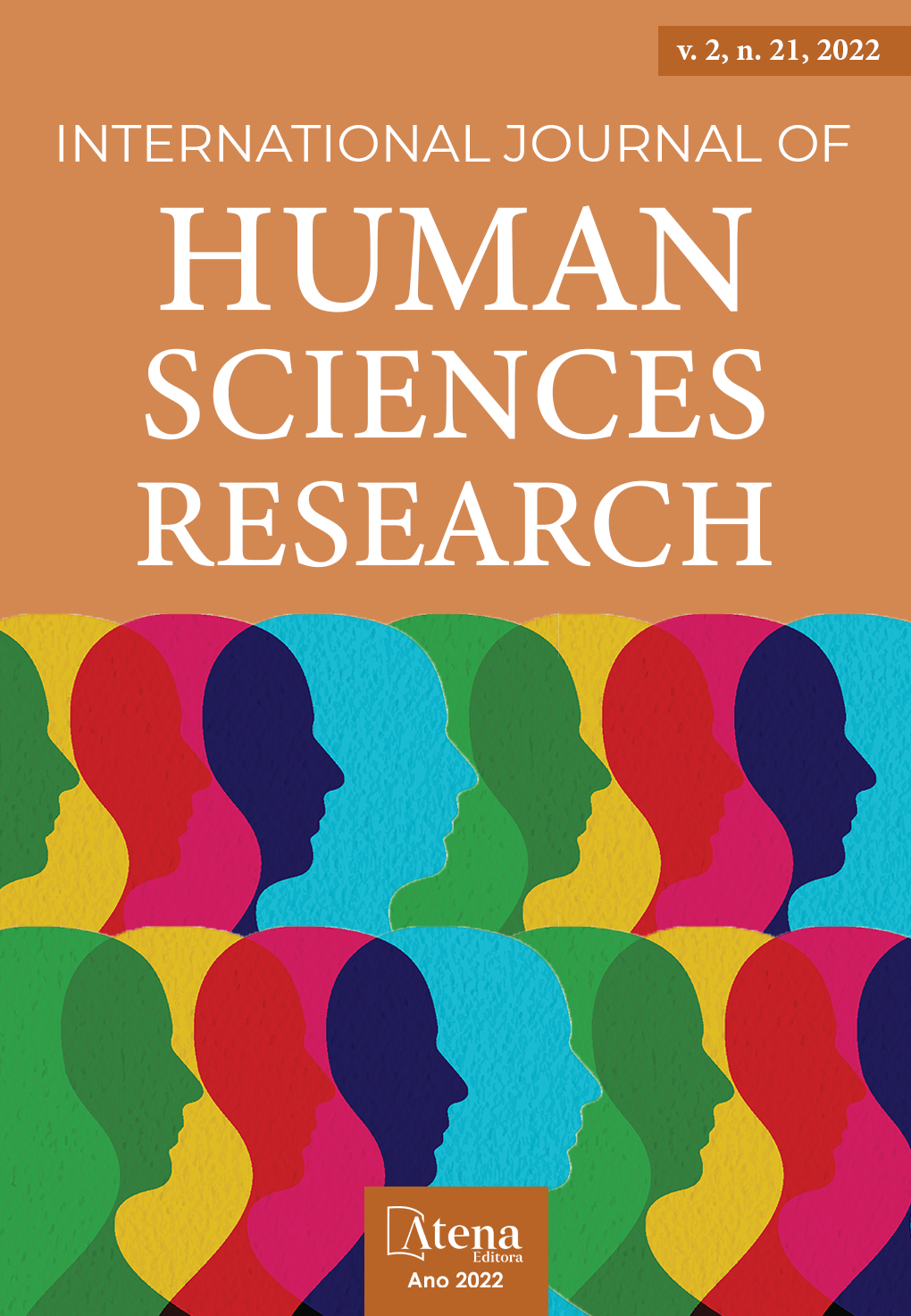
HOW THE SOCIAL CAPITAL THEORY IMPACTS THE INCLUSION/EXCLUSION OF PEOPLE WITH DISABILITIES
This article aims to analyze how the theory of social capital, according to a collection of concepts analyzed by Pistore, which is based on the relationship of trust between individuals in the same society, can explain the social inclusion/exclusion of people with disabilities. The main objective is to show that the greater the trust of society, the greater the probability of inclusion and the lower the trust, the lower the probability of inclusion; and even greater exclusion quotient. Because of this, a relation of the concept of social capital is presented, compared with rates of employability, access to education and political participation, demonstrating that the low presence of people with disabilities in these pillars of representation directly impacts the social exclusion of these people. In addition, a research with people with disabilities in social networks is shown, to verify the perception they have about themselves, as well as in relation to the social trust placed in them by society.
HOW THE SOCIAL CAPITAL THEORY IMPACTS THE INCLUSION/EXCLUSION OF PEOPLE WITH DISABILITIES
-
DOI: 10.22533/at.ed.5582212215077
-
Palavras-chave: Person with Disabilities. Share capital. Inclusion/Exclusion. Conflicting data. Society
-
Keywords: Person with Disabilities. Share capital. Inclusion/Exclusion. Conflicting data. Society
-
Abstract:
This article aims to analyze how the theory of social capital, according to a collection of concepts analyzed by Pistore, which is based on the relationship of trust between individuals in the same society, can explain the social inclusion/exclusion of people with disabilities. The main objective is to show that the greater the trust of society, the greater the probability of inclusion and the lower the trust, the lower the probability of inclusion; and even greater exclusion quotient. Because of this, a relation of the concept of social capital is presented, compared with rates of employability, access to education and political participation, demonstrating that the low presence of people with disabilities in these pillars of representation directly impacts the social exclusion of these people. In addition, a research with people with disabilities in social networks is shown, to verify the perception they have about themselves, as well as in relation to the social trust placed in them by society.
-
Número de páginas: 20
- Antônio Janiel Ienerich da Silva
- Henrique Alexander Grazzi Keske


